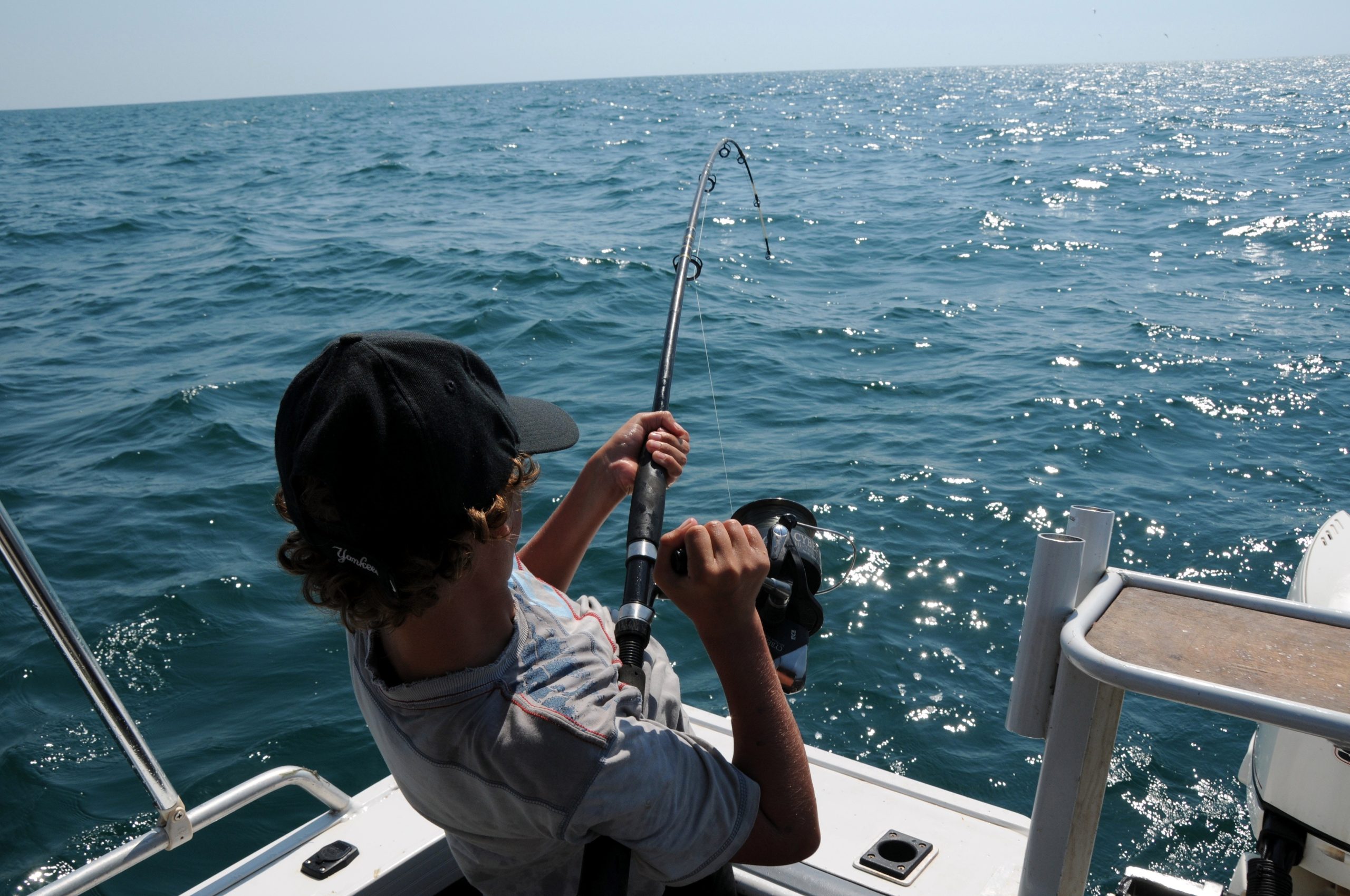Picture this: you’re standing on the shores of a pristine New Zealand beach, casting your line into the crystal-clear waters, hoping for a big catch! Well, that dream comes with a few prerequisites you need to think about while surfing the marine deals.
To understand the unique fishing landscape, you have to have the right fishing rod, reel, line, terminal tackle, lures, baits, and more. Also, you’ll need specific fishing gear for different fishing methods like surfcasting, boat fishing, and fly fishing.
Plus, when you are looking for the best marine deals in New Zealand, there are important safety considerations and environmental practices to keep in mind.
Thus, in order to prepare you for your upcoming fishing trip in New Zealand, today’s post will make sure you have the best fishing equipment with tips on making the most out of your adventure.
Essential Fishing Gears for Travellers: A Beginners’ Guide
First, we’d have to begin with the essential fishing gear you’ll be needing for your fishing trip in New Zealand. These include fishing rods, reels, fishing lines, terminal tackle, and lures or baits.
Fishing Rod and Reel
The right fishing rod and reel are critical for a successful fishing experience in New Zealand. You have to consider factors like the rod length, power, action, and reel type for specific scenarios.
For example, longer rods are ideal for surfcasting, while shorter rods are suitable for freshwater fishing. The reel type depends on the fishing method and the target fish species.
Fishing Line
The fishing line is a crucial component of your fishing gear. You’ll find a variety of fishing lines including monofilament, braided, and fluorocarbon lines, in marine equipment shops in New Zealand.
Each type has its pros and cons, such as strength, visibility, and sensitivity. Consider the fishing conditions and the fish species you’ll target when choosing the right fishing line for your needs.
Terminal Tackle
Terminal tackle refers to the small items attached to the end of the fishing line, including hooks, sinkers, swivels, and leaders. These items play a crucial role in hooking and landing fish successfully.
The type of terminal tackle you need will also depend on the fishing method, fish species, and fishing conditions. It’s essential to have various terminal tackle options in your fishing gear arsenal.
Lures and Baits
Lures and baits are essential for attracting fish to your fishing line. In New Zealand, you’ll find a variety of lures and baits, such as soft baits, hard baits, flies, and live baits.
However, you’ll often find one type of lure works better for certain species than the other. Thus, keep a mix of lures and baits in your fishing gear to increase your chances of success.
Marine Deals with Different Fishing Methods
Different fishing methods require specific gear to be effective. In New Zealand, popular fishing methods include surfcasting, boat fishing, and fly fishing, among others.
For surfcasting, you’ll need a long rod, heavy sinkers, and lures that can be cast far. Again, boat fishing requires gear that is suitable for offshore conditions, including sturdy rods, reels with high line capacity, and appropriate terminal tackle.
Also, fly fishing requires specialised fly rods, reels, lines, and flies. Understanding the specific gear requirements for each fishing method will increase the success of your fishing trip in New Zealand.
Final Pointers for Buying Fishing Gear in New Zealand
We hope that by following this comprehensive buying guide, you’ll be well-equipped to navigate around the best marine deals and make the most of your fishing adventure in the beautiful country of New Zealand!
So, before we end, we have some tips to make your fishing gear buying experience easier. Remember to:
- Consider factors such as quality, price, and durability
- Look for reputable brands that are known for producing reliable fishing gear
- Consider the fishing regulations and restrictions in New Zealand, such as size and bag limits, and choose gear accordingly
- Make sure to familiarise yourself with local safety regulations, including wearing appropriate life jackets and using safety equipment like gaffs and landing nets


